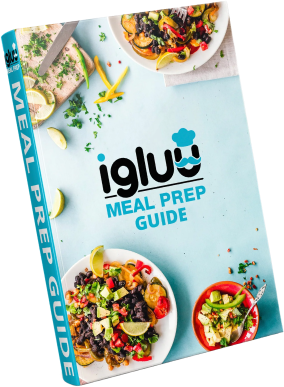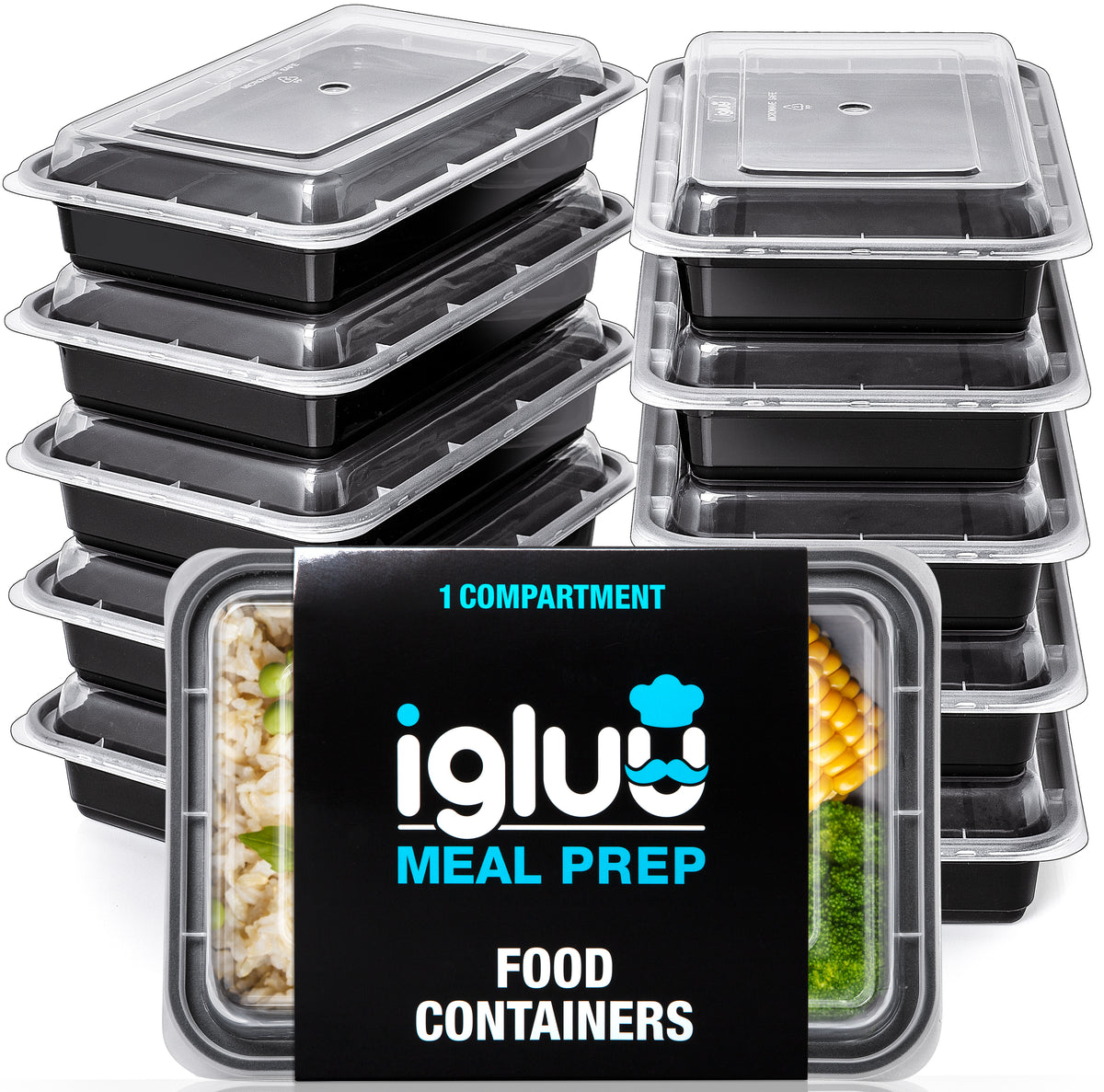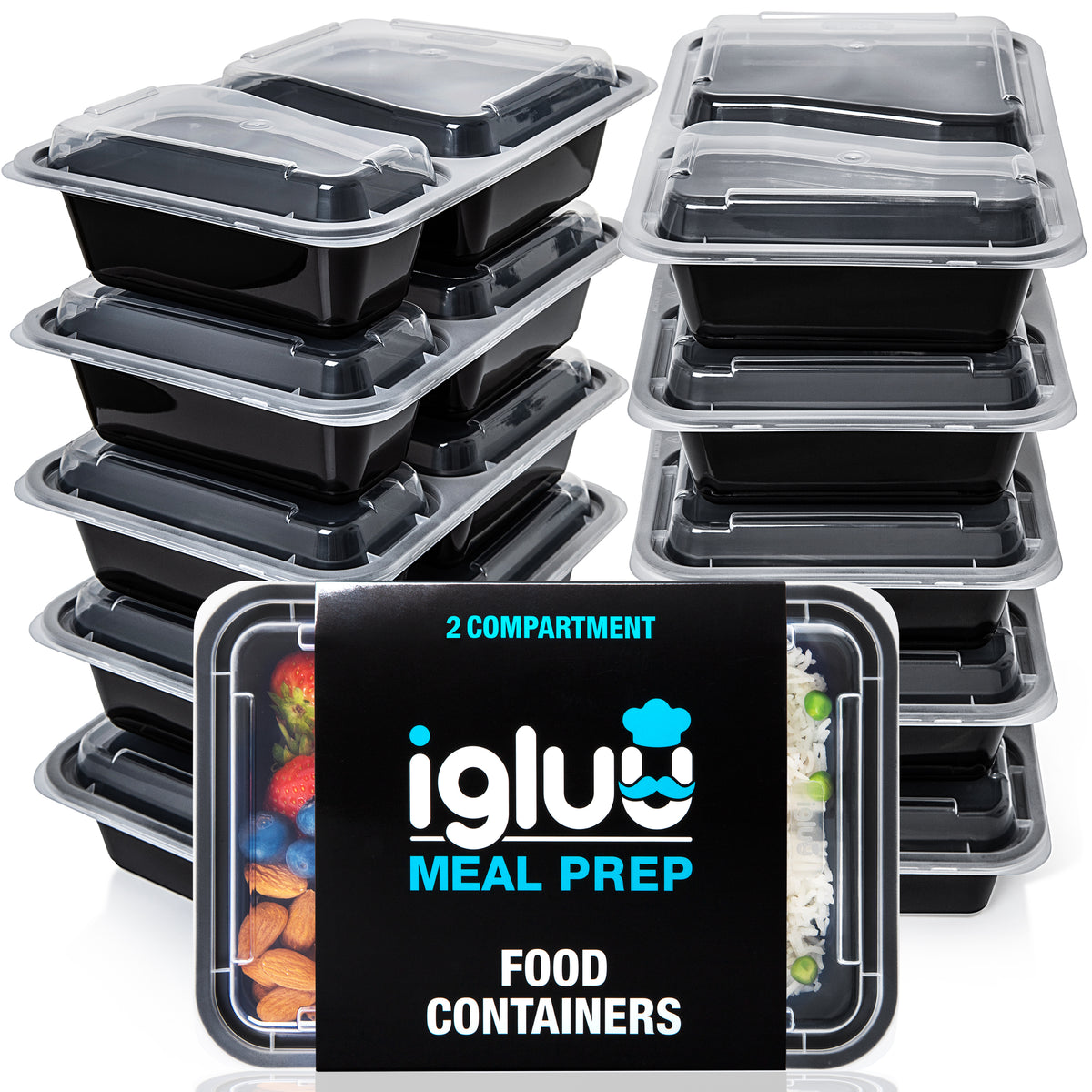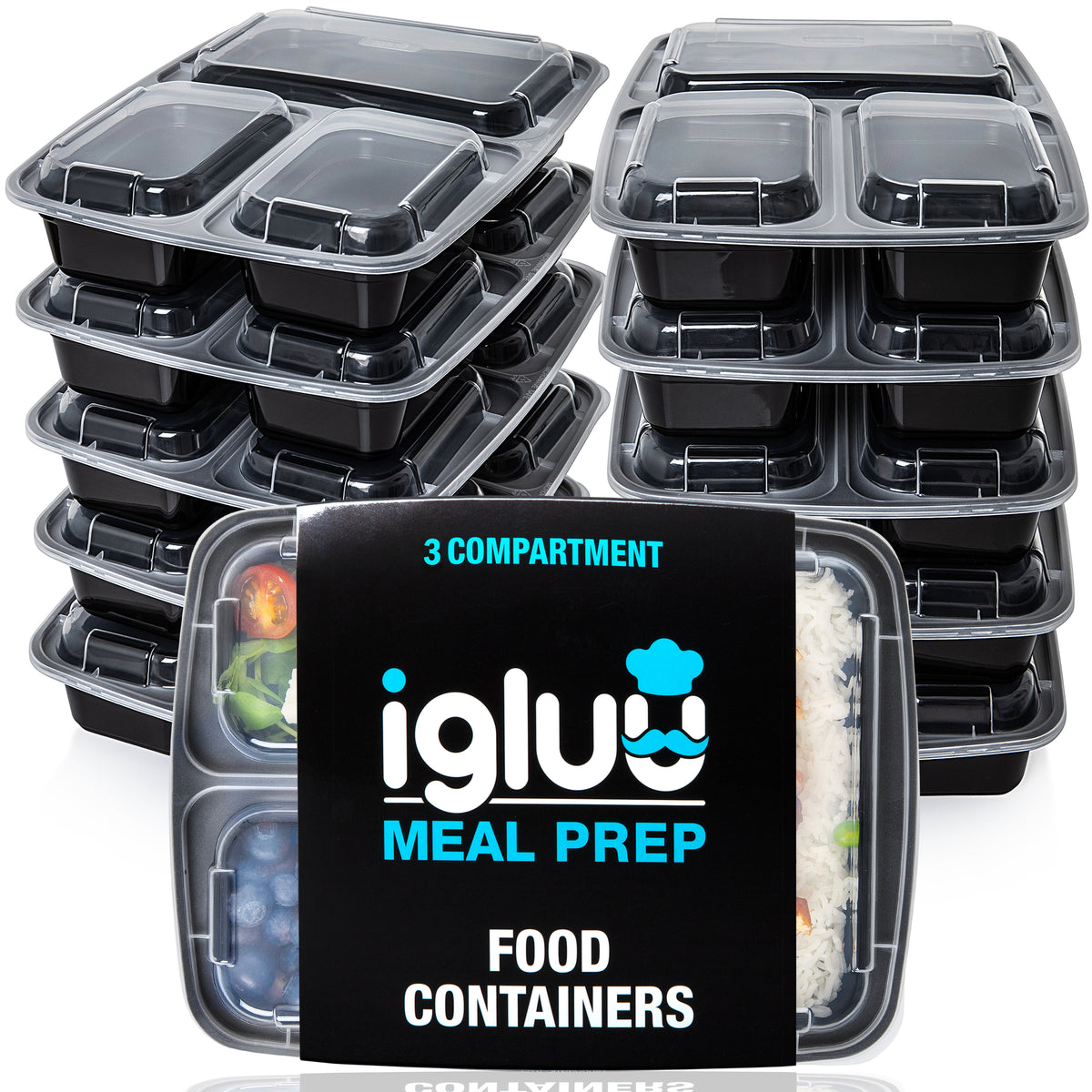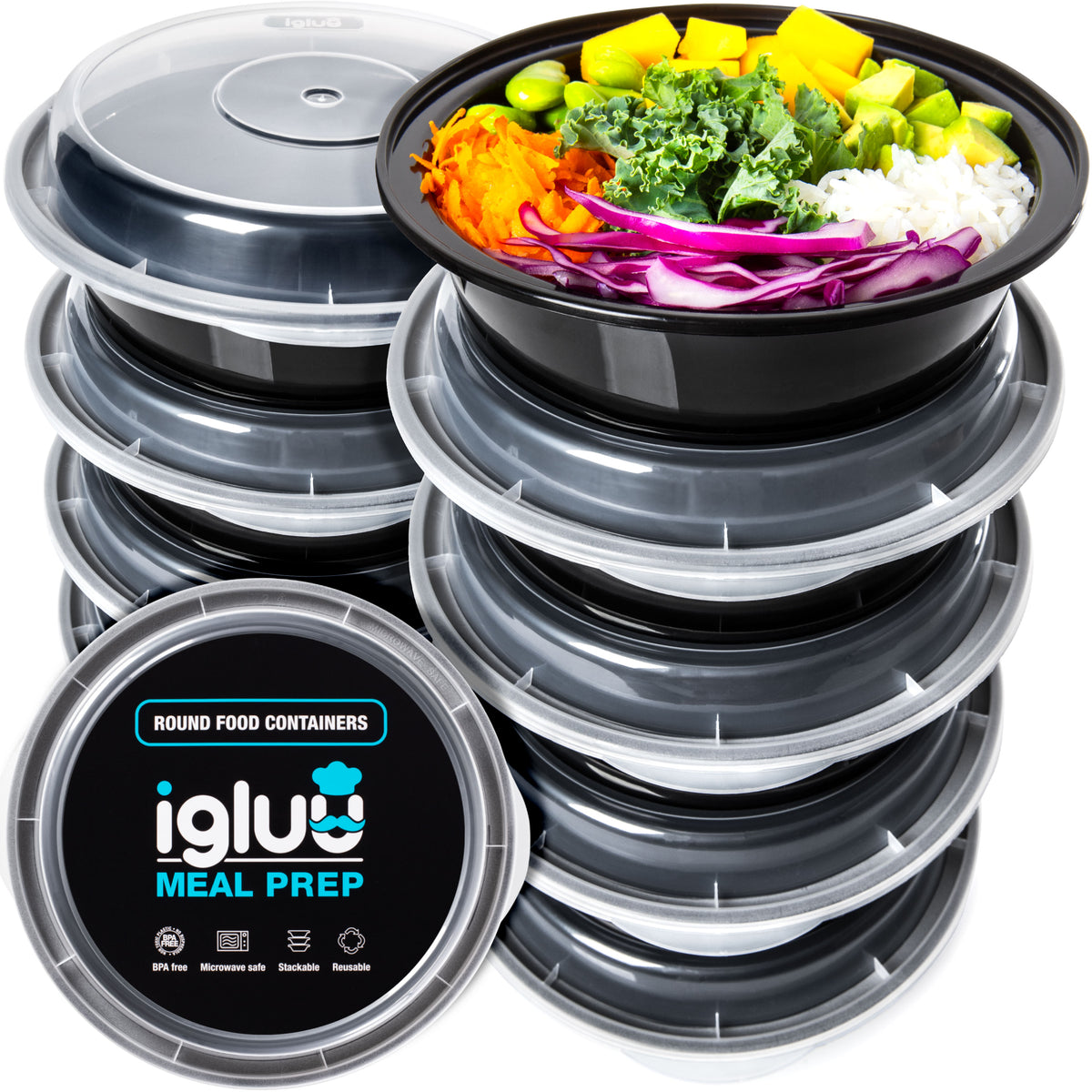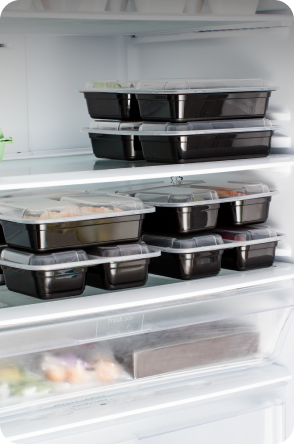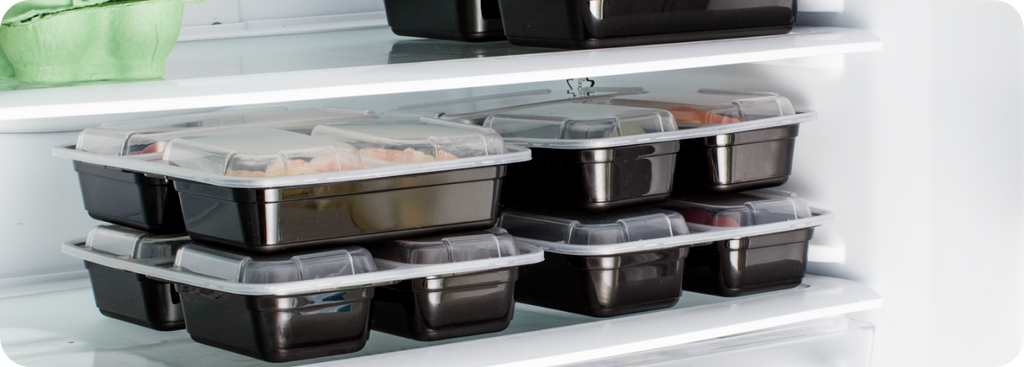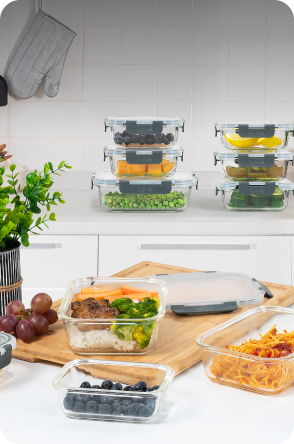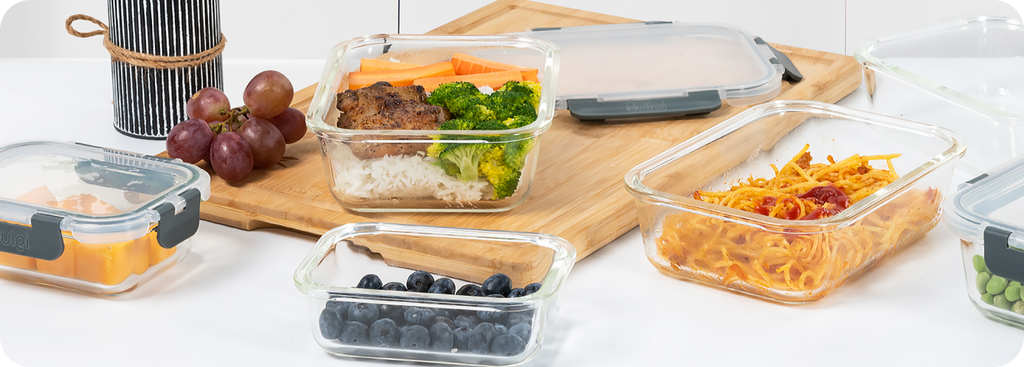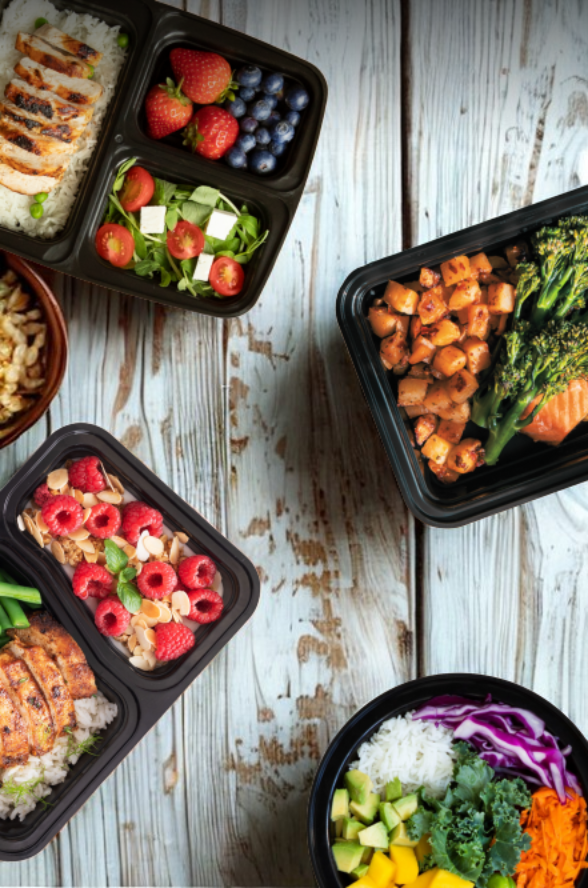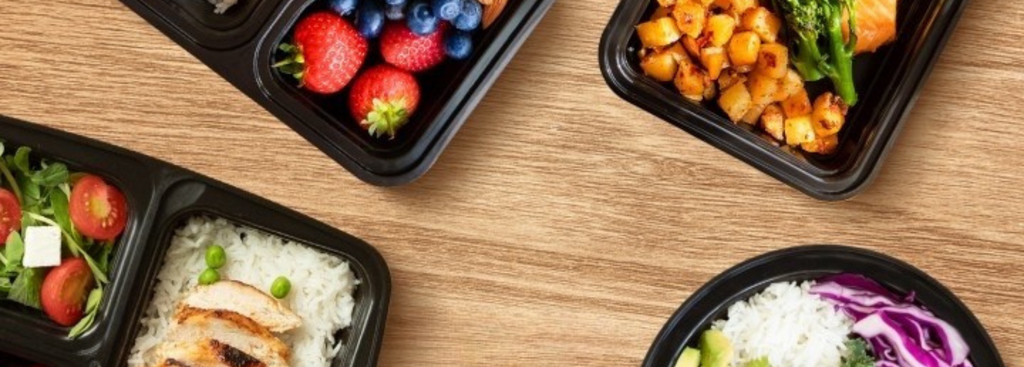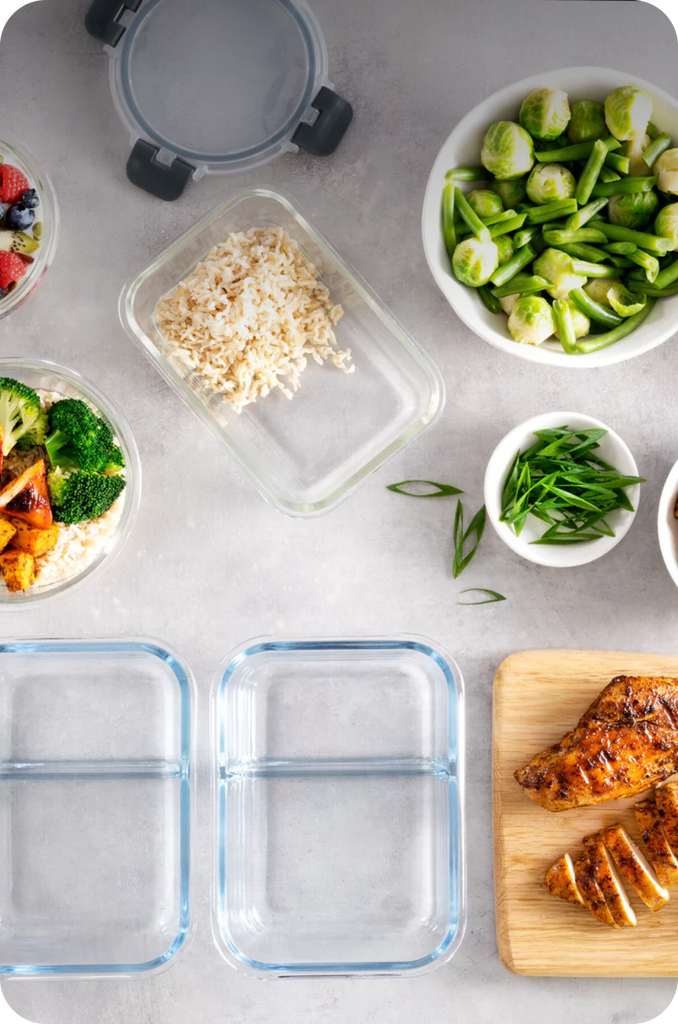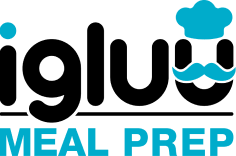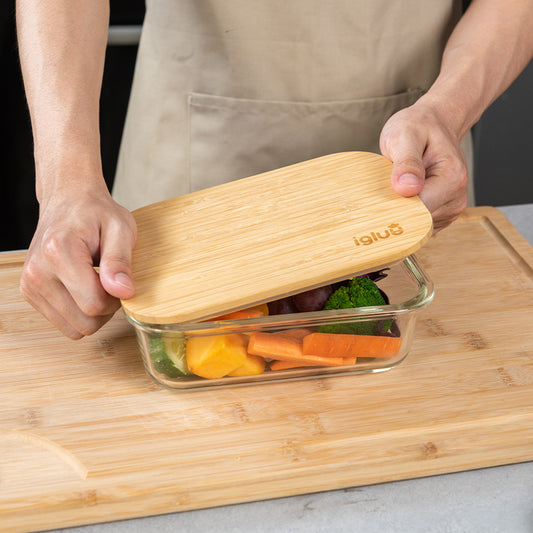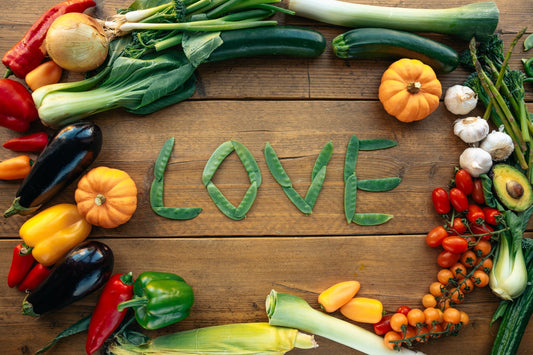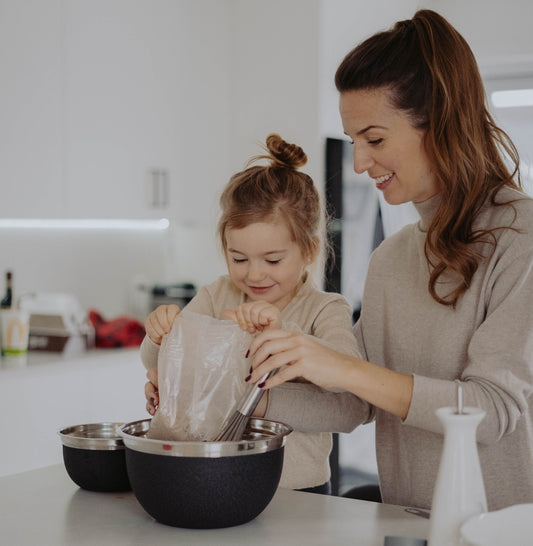As a keen, or prospective meal prepper, what are the reasons you became interested in this particular style of cooking? Perhaps you were looking for a way to keep tabs on your food intake? Maybe you were simply looking to cook healthier meals, or even just trying to maintain portion control with your lunches and dinners? Another reason may be that your busy lifestyle meant you needed to find a more time-efficient way of getting your cooking done? All noble reasons for sure, and highly popular ones too. But one other aspect of meal prepping that can sometimes be overlooked is the ability to reduce your food waste!

From the 6th to the 12th of March 2023, it is Food Waste Action Week, so here at Igluu HQ we thought it might be a good opportunity to discuss some of the ways you can help reduce waste in the kitchen, and as a side effect, save yourself a few pennies too! As much as 4.5 million tonnes of edible food is thrown away each year by UK households alone, so without further ado, let’s dive in and see where we are wasting food in particular, and what can be done about it!
Vegetables
We have all done it before. We visit the supermarket, and load up on beautifully healthy vegetables with the intention of using every last brussel sprout, or broccoli floret. But by the end of the week, some of these vegetables are suddenly looking a little limp, and without a plan in mind, they end up being tossed into the abyss to live out their days rotting away at a rubbish dump. If this hits home for you, and you wish to put an end to this bad habit, here are a few ideas to get you on track for a waste-free kitchen experience!
Roast them: Found some turnips, carrots, potatoes, or cauliflower hiding at the back of your fridge? Simply chop them up, and get them roasted! You can then add them to salads, grain bowls, or simply use them as a side dish. They will last longer once cooked, and you now have (at the very least) half a meal ready to go!
Stir-fry: This is another great way to use up leftover veg, and it’s quick too! Chop your veg, chuck them in your wok or pan, add a little sauce and rice or noodles, and voila! Another meal prepped and ready to go.
Soups/Stews: Vegetables that are a little past their prime are perfectly useable in soups and stews, as they tend to take on the flavour of the soup as they cook. For the ‘super thrifty’ meal preppers out there, leftover veg scraps (such as carrot peel, celery leaves and onion skins) can be boiled to make a veggie broth that can be used at a later date.

Bread
Is there a single human being on planet earth who hasn't let their bread go stale at some point in their life? It doesn’t sound likely to us! Bread is actually one of the most wasted foods on the planet, and as such, having a few ideas ready for those moments when you realise that the life is draining from your previously fresh loaf is never going to be a bad thing.
Bread crumbs: Simple and obvious, this one. Simply chop up the bread and pulse it in a food processor until it forms crumbs. Perfect as a bulking agent for soups, or used to coat chicken or fish.
Croutons: Great for adding a little texture to a salad, simply chop your stale bread into cubes, toss with some oil and seasoning, and bake until crispy!
French toast: Wonderful as a breakfast option. Soak your stale sliced bread in a beaten egg (add a dash of milk or cream if you like), and pan-fry. Some people actually believe stale bread creates better French toast than fresh bread, so give it a whirl next time you are uninspired at breakfast time.

Dairy
Milk and yoghurt are ingredients that can often find themselves sitting on a fridge shelf just a little bit too long. How can you address this waste? Well don’t you worry, there are options…
Overnight Oats: Regular viewers of our Instagram channel will be well aware of our love for Overnight oats! If you find that your milk and yoghurt are probably going to ‘turn’ before you get to use them in their entirety, chuck them in a bowl together, adds some oats and a few chopped fruits such as strawberries and/or blueberries, and you have yourself a delicious and filling breakfast!
Smoothies: Quite an obvious one, this. If overnight oats aren’t your thing, perhaps adding your milk and yoghurt to a blender with a few chopped fruits would bring you more joy? It also happens to be a great way of getting a little extra fruit into your diet.

Fruits
Another area of food waste that we are all capable of falling foul of, letting that bowl of fruit sit there untouched for far too long! Fear not though, there are ways to use those less-than-perfect apples and pears.
Smoothies: As covered in the dairy section, smoothies are a great way to use up a little extra milk and yoghurt. They also happen to be a great way to use up a banana, strawberries, or pretty much any other fruit you have that is slightly bruised or on the verge of being overripe.
Baked goods: Do we have any muffin fans in the house? If so, this one is for you! Overripe fruit is no problem if you are going to mash them up and add them to a muffin batter mix before baking. A wonderfully tasty way to make sure you are wasting less, and enjoying more!

Rice And Grains
With the exception of maybe one or two highly trained people, does anyone know how to cook the exact amount of rice for any meal?! If you find yourself with a batch of leftover rice from dinner what can you possibly do to avoid seeing it thrown away?
Fried rice: Quick, easy, and filling! Chuck that extra rice in a pan with a few veggies and a protein source of your choice. Add a little seasoning, and cook over a high heat. Feel free to add an egg or two for some extra protein.
Salads: Adding rice to your salads can help to ‘beef them up’ a little, and turn a relatively light lunch into one that feels more substantial.

Storage
How you store your meals and ingredients obviously plays a hugely important role in the natural decay of foodstuffs, so our final tip is to make sure you use high-quality meal prep containers when storing your preps (we have you covered in that department!), but also, remember that the freezer is your friend! Most meals can be frozen (always check first), and it is a great way to store a meal or two that you know won't be consumed within a few days of cooking. So if you have a meal ready to go, but know for a fact it won't be eaten for days, put that meal in stasis!

So there you have it. Just a few ideas to mull over when you are looking at ingredients that would otherwise be at risk of becoming waste. Using leftover ingredients in this manner not only saves you money, but it also means you end up with meals and snacks pre-prepped and ready to eat. You can of course render the problem of food waste moot by planning what you buy in a military fashion, or by religiously checking the use-by dates on every food item in the house on a daily basis, but the reality of the situation is that for most of us, life gets in the way. So next time that stale loaf of bread or slightly bruised plum catches your eye, don’t waste it! There is almost always a way to make use of ingredients that you may previously have been tempted to bin.
Happy prepping!
